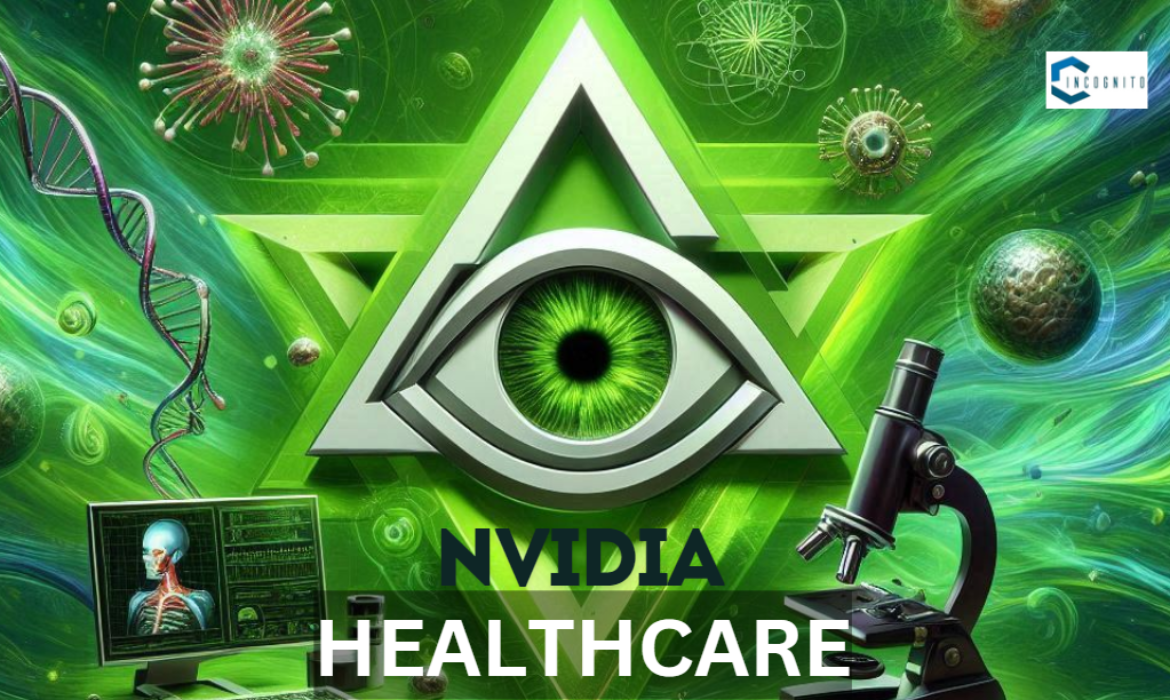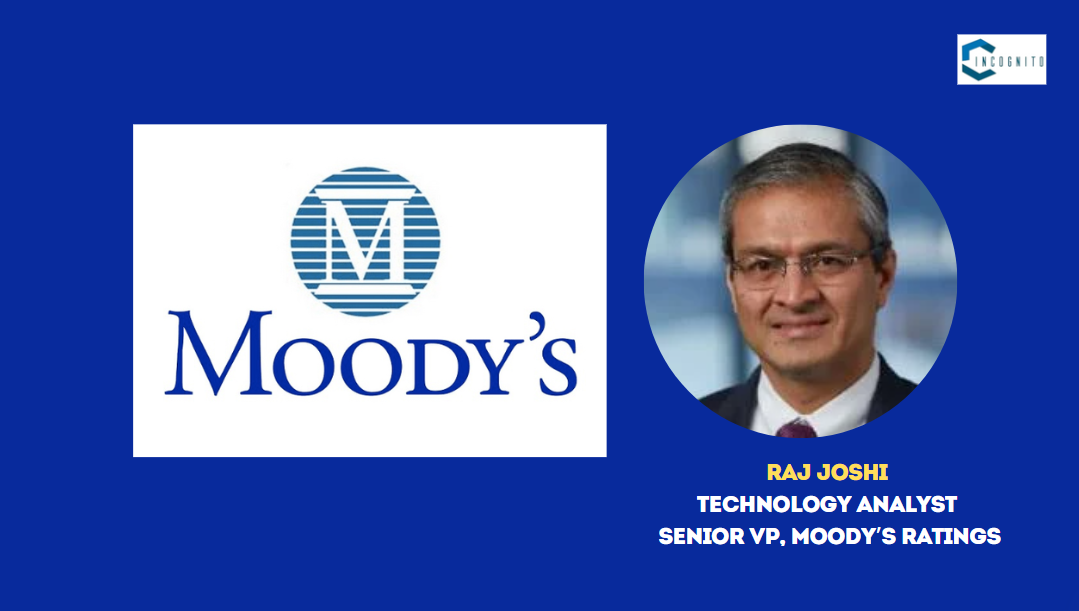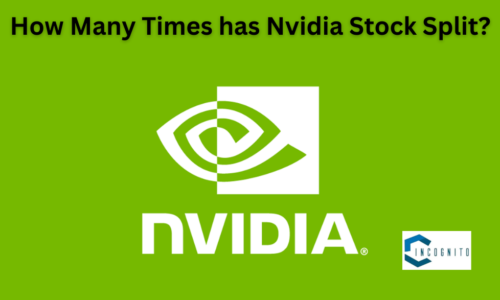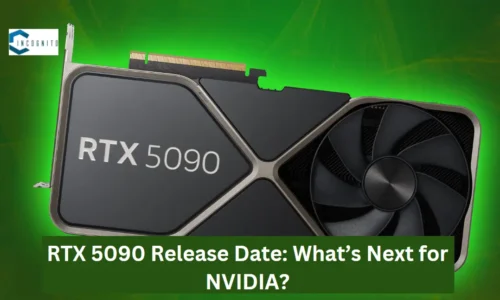
Nvidia AI healthcare has been in the news lately and it has recently declared partnerships with Johnson & Johnson for the use of generative AI in surgery, as well as with GE Healthcare to improve medical imaging. The health care breakthroughs at Nvidia’s 2024 GTC AI conference, which also included the debut of over two dozen new AI-powered, healthcare-focused technologies, demonstrate how significant medicine will be to Nvidia’s non-tech sector revenue potential in the coming years.
Raj Joshi, a technology analyst and senior VP at Moody’s Ratings said, “The reason why Nvidia is so popular today is because it basically provided the plumbing and the technology for something that you could not do simply before or if you had to do something like this you would need probably several times more time, money and cost.”
He further added, “Health care, whether it’s biotechnology, chemicals, or drug discovery is a very powerful area.”

Nvidia AI Healthcare: Raj Joshi, Technology Analyst and Senior VP at Moody’s Ratings
Nvidia’s conference focused on health care, pressing down on a long-held objective. At the time of an earnings call with investors in February, Nvidia discussed many ways its technology was being applied in the medical industry. Nvidia AI infrastructure is essential for companies like Recursion Pharmaceuticals and Generate: Biomedicines who use hyperscale or GPU-specialized cloud providers for biomedical research.
Nvidia’s Chief Financial Officer, Colette Kress said, “In healthcare, digital biology and generative AI are helping to reinvent drug discovery, surgery, medical imaging and wearable devices.”
She also said, “We have built deep domain expertise in healthcare over the past decade, creating the NVIDIA Clara healthcare platform and NVIDIA BioNeMo, a generative AI service to develop, customize and deploy AI foundation models for computer-aided drug discovery.”

Nvidia AI Healthcare: Colette Kress, Nvidia’s Chief Financial Officer
The previous year, NVIDIA invested $50 million in Recursion to support drug discovery projects. Recursion is using its biological and chemical data to train NVIDIA’s AI models on their cloud platform. The company has also collaborated with Roche’s Genentech to create novel medications and improved treatment protocols. In 2021, it formed a drug research partnership with Schrödinger.
Specifically designed for drug discovery, the BioNeMo platform is a generative AI cloud service and one of NVIDIA’s greatest health-care strength to date.
Raj Joshi said, “It’s one thing to design semiconductors and computing platforms for others to do something. But it’s another thing altogether when you can build full-fledged packages of technology that you can sell to a customer.”
He went on to say, “Let’s say if you are a biotech firm, you take the full technology from Nvidia, and you just start working on it as opposed to figuring out ‘how do I use this information technology?’”
A company that ten years ago was designing graphics cards for gaming has come a long way, as evidenced by the health-care industry.
Joshi said, “You have to give credit to them that Jensen had the foresight way back in 2012 when he saw some people actually use his graphics card at Stanford University to solve some types of mathematical problem.”
He further added, “You know what, this can actually be used to do what is called general computing, you know, the things that we all do everyday on a normal basis.”
You can visit the official website of Nvidia for more information.
Related: If you are interested in the topic of Artificial Intelligence, you can find them here:





